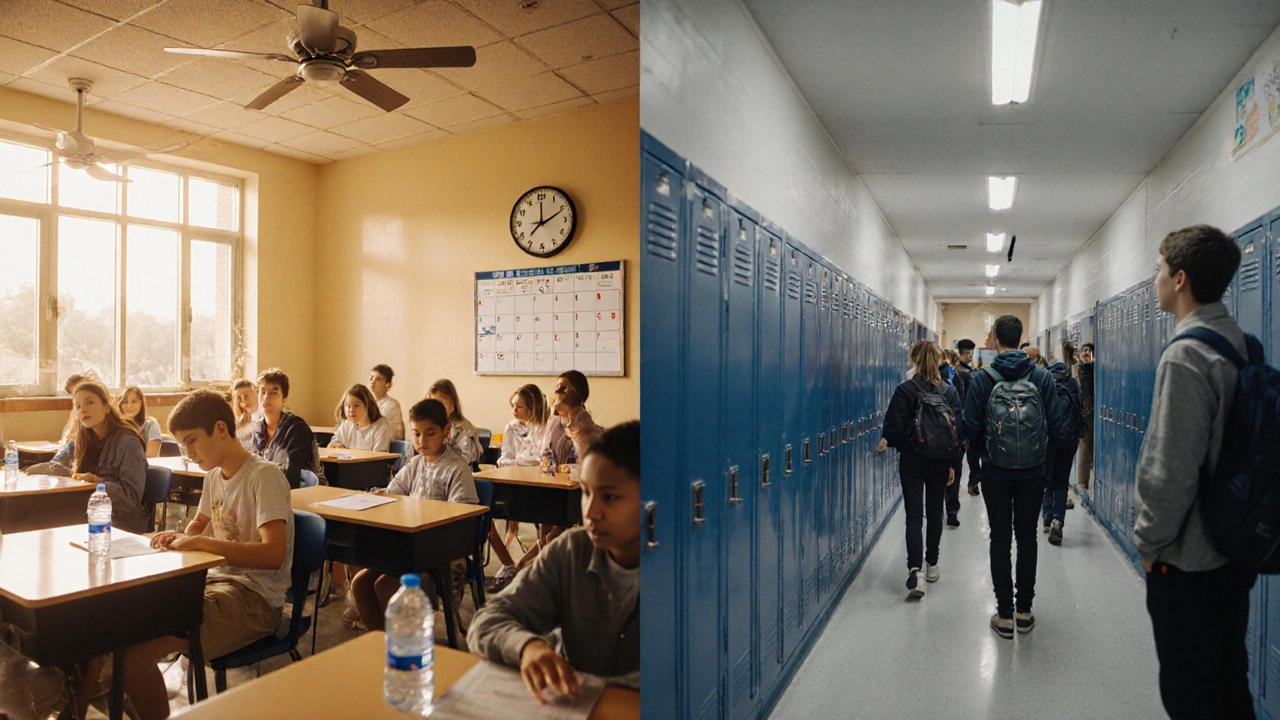Summer Coursework Guide: Tips, Planning & Resources for Parents
When talking about Summer Coursework, short, engaging learning activities designed for school breaks, often blending play with core skill practice. Also known as summer assignments, it helps keep children’s minds active while they enjoy the holidays. Summer coursework isn’t just extra work; it’s a bridge that connects the regular school year to the relaxed pace of summer, ensuring steady progress in key areas.
One of the biggest influences on summer coursework is Summer School, structured programs that run during the vacation months, offering both academic support and enrichment activities. Summer school provides the framework for organized learning, while coursework supplies the hands‑on tasks that reinforce what’s taught. Together they create a balanced environment where children can practice reading, math, or science without feeling overwhelmed.
Effective Curriculum Planning, the process of selecting goals, materials, and assessment methods for a set of lessons is the backbone of any summer learning effort. Good planning means choosing age‑appropriate topics, aligning them with national standards, and mixing fun projects with skill‑building drills. When curriculum planning is solid, the coursework feels purposeful rather than repetitive.
Child development experts stress that summer coursework should support both cognitive and socio‑emotional growth. Activities that involve teamwork, problem‑solving, or creative expression boost confidence and interpersonal skills. At the same time, targeted practice in literacy and numeracy safeguards against the “summer slide,” the common dip in academic performance that many kids experience after a long break.
Parent involvement is another key piece of the puzzle. When families set aside short, regular slots for coursework, they model a positive attitude toward learning. Simple actions—reading together, discussing a science experiment, or reviewing a math game—turn homework into quality time. Parents who stay engaged can also spot areas where a child might need extra help and adjust the workload accordingly.
Key Areas to Consider
First, decide what subjects need reinforcement. Many parents start with reading and math because they show the biggest summer declines. Next, choose activities that match your child’s interests—like coding games for a tech‑savvy kid or nature journals for a budding biologist. Finally, set realistic goals: a few short sessions each week are more effective than long, infrequent marathons.
By weaving together summer school structure, solid curriculum planning, child‑focused activities, and active parent participation, summer coursework becomes a powerful tool rather than a chore. Below you’ll find a curated list of articles that dive deeper into each of these topics, offering practical ideas, real‑world examples, and step‑by‑step guides to make your summer learning plan both enjoyable and effective.
Is Summer School Harder Than Regular School? A Practical Comparison
Explore whether summer school is tougher than a regular school year. Compare curriculum intensity, schedules, assessments, and get practical tips to succeed.
